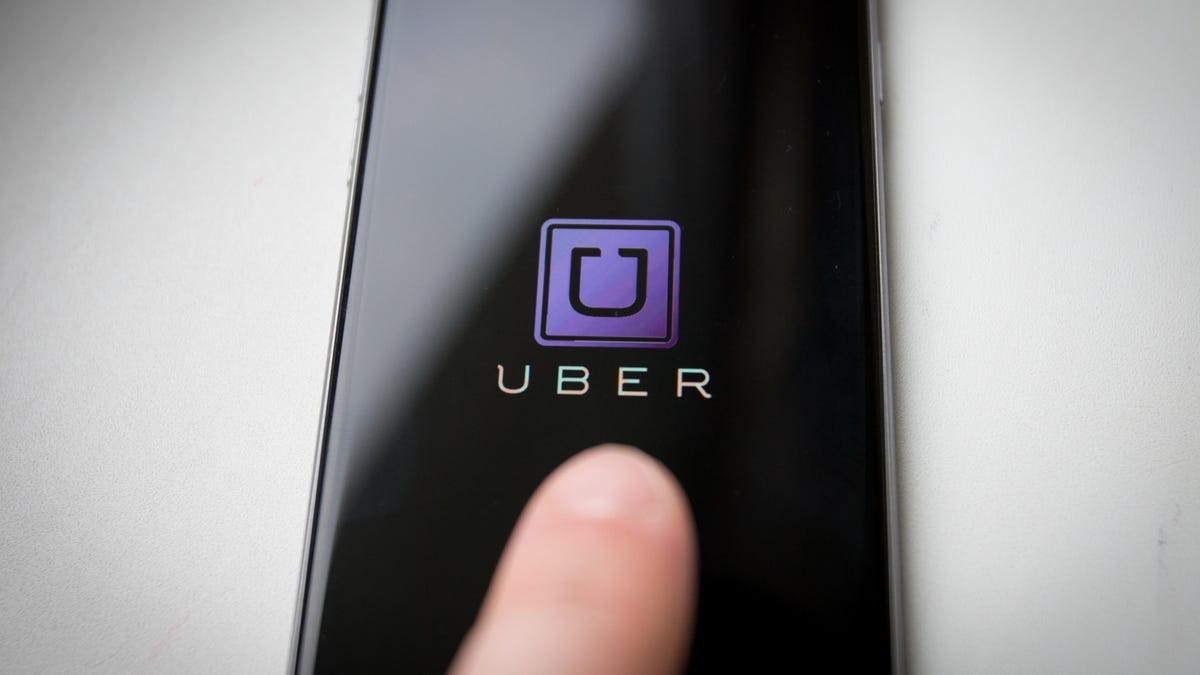Uber closes pay gap by paying everyone equally. Imagine that
The ride-hailing company has a crazy idea: It's going to pay employees evenly, whether they're men or women – as well as white and minority employees.

Uber's got a crazy idea: Pay workers evenly, regardless of sex or skin color.
Uber is serious about changing.
The ride-hailing company is raising salaries for all of its employees as part of efforts to equalize pay beginning on August 1, according to a person familiar with the situation. The move, which bases pay on factors such as job level, function and location, is designed to address pay imbalances between men and women, as well as white and minority employees.
The changes were previously reported by the tech news site, The Information.
Uber's move comes as Silicon Valley wrestles with a diversity problem that has resulted in gender disparity and unequal pay for women and minorities at its most high profile companies. The issue has drawn attention from a wide range of prominent figures, from lawmakers to investors. Despite promises of change, the industry's top companies have demonstrated little progress.
Uber in particular has become a poster child for the Valley's cultural problems. Former CEO Travis Kalanick was forced to step down after a blog post by former engineer Susan Fowler described instances of sexual harassment, gender bias and unprofessional business practices. An independent probe prompted the board to vote for "changes to senior leadership."
Now, Uber's trying to right some of the wrongs it's struggled with. In terms of pay, the company plans to raise the salary of employees paid less than the median salary for their role to the company's median level. Further, the company plans to raise the median salary of all employees in technical roles by 10 percent. Technical employees who have salaries above the new median will also receive a pay bump of five percent, unless they've been at Uber for at least three years.
The company also plans to give an additional 2.5 percent salary raise to employees for every year they've worked at the company.
Uber will also boost equity compensation for many employees.

